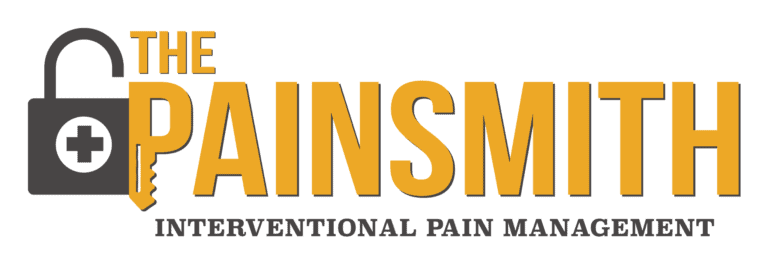February is American Heart Month. Heart disease is the #1 cause of death for Americans – over 600,000 Americans die from this disease every year, according to the CDC.
Understanding the connection between chronic pain and heart health is important for managing your overall health. Pain, especially chronic pain, is closely connected to the cardiovascular system. Research has shown that chronic pain is associated with cardiovascular disease, high blood pressure, elevated heart rate and other heart problems.
Chronic pain can trigger your body’s fight or flight response, activating your sympathetic nervous system, and increasing your heart rate and blood pressure. Acute pain may cause a temporary blood pressure increase, and chronic pain can lead to long-term elevated blood pressure by dysregulating your cardiovascular system.
Pain signals also lead to the release of adrenaline, cortisol, noradrenaline, and other hormones. A continuous release of these hormones due to chronic pain can lead to cardiovascular system damage. The effects of long-term, unmanaged chronic pain and stress could lead to a heart attack or other serious complications.

For those who are struggling with chronic pain, carrying excess weight can be both a cause… and an effect, and can contribute to heart disease. Chronic pain can make it difficult to stay active, which can lead to weight gain. Obesity contributes to heart disease by raising triglycerides and blood sugar, both of which are major risk factors for heart disease.
The good news is that many of the healthy choices that are good for your heart are also good for your overall health – and the management of chronic pain.
- Eat a healthy diet
- Stay active
- Maintain a healthy weight
- Get a good night’s sleep
- Quit smoking
- Manage your cholesterol and blood pressure
- Drink alcohol only in moderation
- Reduce your stress
If you have cardiovascular issues and chronic pain, it’s important to monitor and proactively manage your symptoms and treatment with your doctor.
If you have back pain, joint pain, neck pain, or any other type of pain, give us a call or you can request a consultation and we’ll discuss your options.

